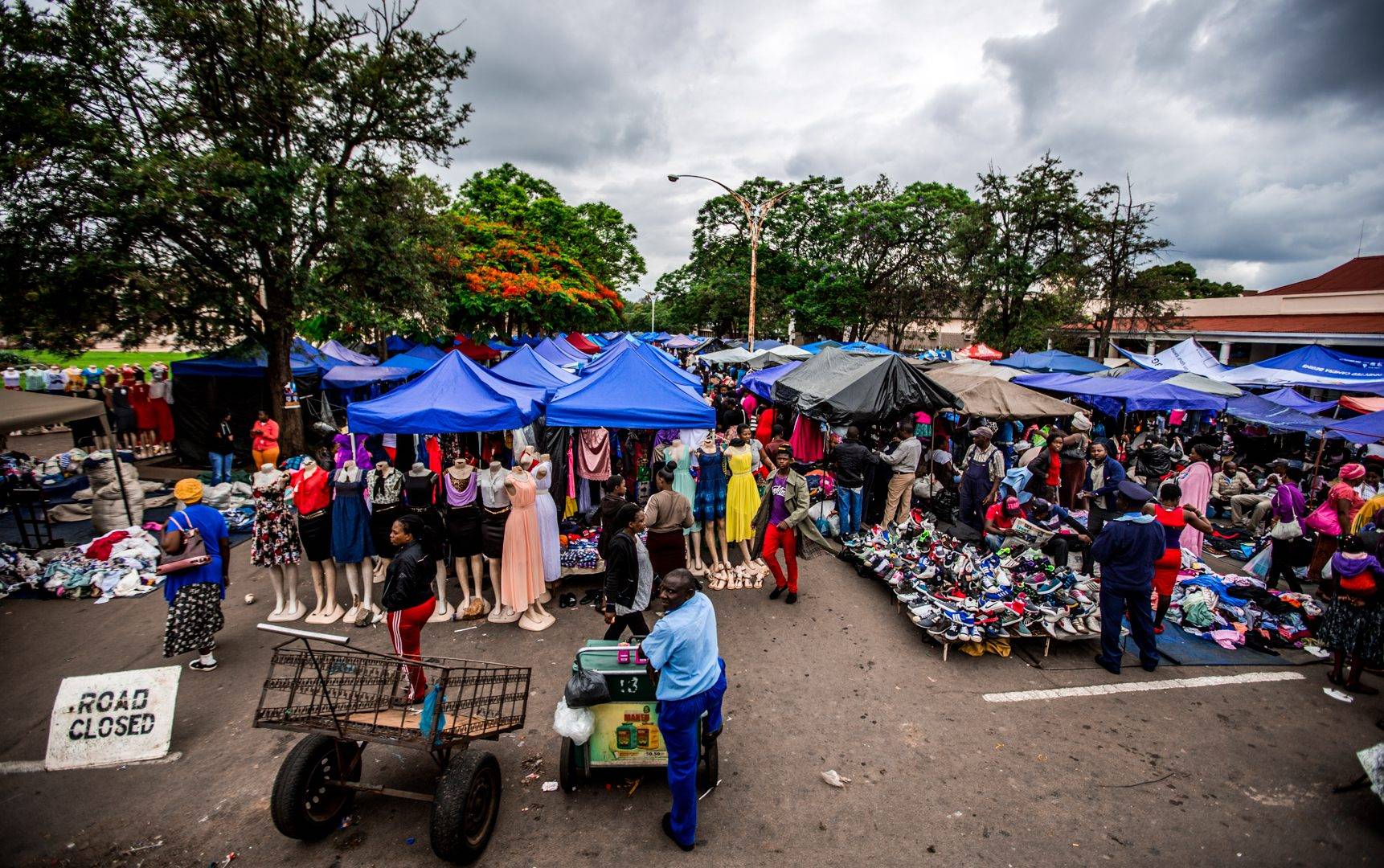Zimbabwean Businesses Using Foreign Currencies To Face Penalties In New Government Directive

The Central bank of Zimbabwe has been directed to impose penalties on businesses trading using foreign currencies, this is to ensure the Zimbabwean dollar remains the sole legal tender.
More specifically, businesses have also been banned from quoting prices in foreign currencies: the British pound, the U.S. dollar, the South African rand, and the euro.
Despite the Zimbabwean government prohibiting the use of foreign currencies, the majority of businesses still prefer to transact using the US dollar because of the convenience that comes with it.
Notably, these businesses opted to still use the US dollars even after it was outlawed because the local currency is not accepted outside Zimbabwe making them useless for any companies that need to import goods.
Given the somewhat confusing history, the Emmerson Mnangagwa-led country has had with currencies following the crisis that forced Zimbabwe to abandon Zim dollar, it may take a while before citizens trust their local currency.
In the new government directive, Central bank has been mandated to impose penalties on anyone found paying or charging foreign currency for domestic transactions.
The Zimbabwean government opted to abandon the use of foreign money at home in a bid to strengthen the local currency and ween the country off the US dollar and the South African rand.
Even after the government reintroduced the Zimbabwean dollar in June businesses have found it difficult to operate using Zim dollar since they must have US dollar to access new stock.
In recent times, businesses in Zimbabwe have been hit hard by various challenges forcing some to close shops. The Southern African country currently faces 18-hour power cuts and the situation has forced some firms to operate at night since that is when power is available.
The frequent and prolonged power cuts have also made it impossible for most companies to operate. Big companies like Econet Wireless have been widely affected and were forced to use batteries and solar for operations.
Lack of foreign currency pushed some businesses to close doors, for instance, Kwese TV an arm Zimbabwe’s most profitable firm cited the acute foreign currency as the main reason for closing its doors.
Featured Image Courtesy: G Adventures